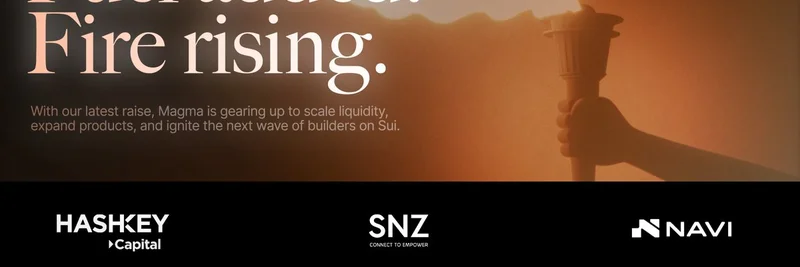Hey there, blockchain enthusiasts! If you're into the wild world of crypto, especially meme tokens that often ride on cutting-edge tech, you've probably heard about zero-knowledge (ZK) proofs. These are clever cryptographic tricks that let you prove something is true without spilling all the details—think privacy-preserving transactions or scalable layer-2 solutions on Ethereum. Well, things just got a whole lot more exciting with Veridise's latest launch: LLZK, an open-source intermediate representation (IR) for ZK circuits. It's like the LLVM compiler infrastructure but tailored for the ZK space, and it's already making waves.
Veridise, a team specializing in blockchain security through formal methods, dropped this gem with support from a grant by the Ethereum Foundation. The announcement came via a thread on X (formerly Twitter), where they broke down what LLZK is all about. In simple terms, ZK development has been a bit fragmented—different domain-specific languages (DSLs) like Halo2, Circom, or Zirgen, each with their own ways of handling proofs. LLZK steps in as a unifying layer, bridging these DSLs with various proving systems such as R1CS, AIR, and Plonkish.
Built on MLIR (a modular compiler infrastructure), LLZK is designed to be extensible and verifiable. This means developers can compile circuits from multiple DSLs into LLZK, then tweak them for different backends without starting from scratch. For auditors and researchers, it's a game-changer because it enables formal verification tools like Veridise's own Picus to spot vulnerabilities more efficiently. Imagine optimizing your ZK circuits for dead code elimination or constraint simplification—LLZK makes that possible, potentially saving time and reducing errors in complex blockchain apps.
Why does this matter for meme token creators and traders? Meme tokens aren't just about viral hype; many are built on smart contracts that could benefit from ZK tech for things like private voting in DAOs or efficient on-chain games. With hacks and exploits costing the crypto world billions, tools like LLZK help harden the security of these projects. Veridise highlighted a real-world example: they used LLZK to verify Succinct’s SP1 zkVM, catching an under-constrained operation that could have led to issues down the line.
The project is live on GitHub with two main repos: llzk-lib for the C++ core and llzk-rs for Rust bindings. They've got tutorials, sample circuits, and even a Zirgen-to-LLZK frontend to get you started. Teams like Formal Land, Nethermind, and Galois are already jumping on board, signaling strong community buy-in.
Looking ahead, Veridise plans to add more frontends, backends, and integrations, including witness generation for proofs. If you're a dev building the next big meme token or just curious about ZK, this could be the tool that levels up your game. Head over to their full blog post for the deep dive, or check out the original X thread for a quick read.
In the fast-paced blockchain scene, staying secure while innovating is key—especially for meme tokens that thrive on community trust. LLZK might just be the bridge we've been waiting for to make ZK more accessible and robust. What do you think—ready to dive into some ZK coding?

